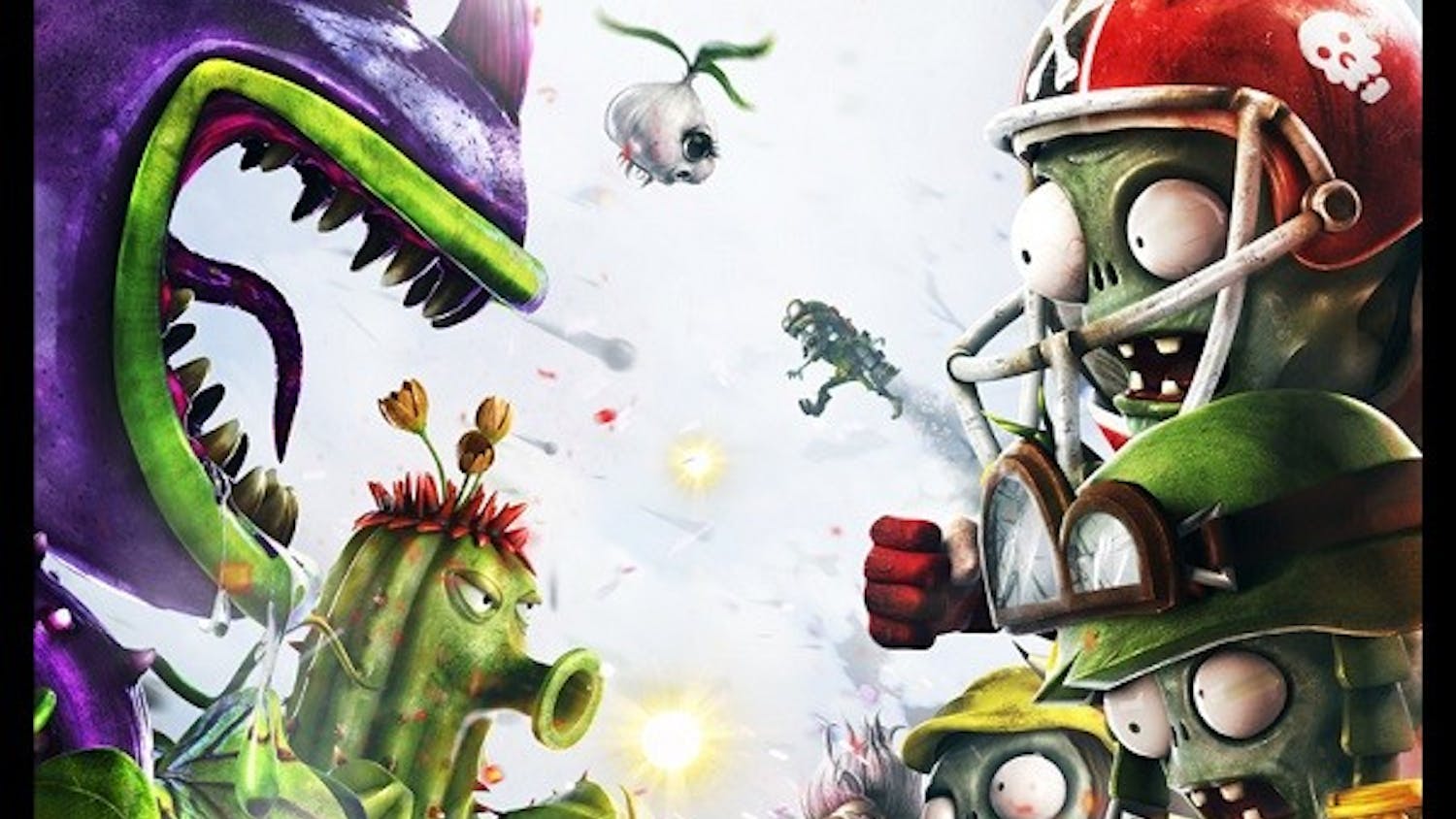By Katelyn S. Irons | Echo
Some video games are an integral part of our childhoods. Remember endless Mario Kart 64 tournaments with your friends, or late nights timing yourself through The Legend of Zelda?
Video games have evolved dramatically since their pixelated beginnings. The gaming platforms, graphics and gamers themselves have changed drastically. The question is, how does this reflect our culture?
Trying vs. Buying
The other day my friend and I were playing Tomb Raider.
"Are you playing on easy mode?" he asked. I glared at him and assured him that we were playing on the same level. "Well, you're completing that level a lot easier than I could." I defended my honor by saying that perhaps I was just better than he was, but soon we found out the truth-because I had upgraded my gear by trading in collected items, everything seemed easier.
That never could have happened in an old generation game-you had to beat bosses for your upgrades. Now, if you are struggling with a game, you can simply buy the latest kart or weapon upgrade. Whether this purchase is made with game money or real money, upgrades can make games easier to beat, and this signals a shift in this generation's mindset. In some of the most popular games of this generation, the more money you spend, the better you are.
Simplicity vs. Complexity
The evolution of video games has been marked most poignantly in its change in graphics. Just comparing a game like the 8-bit Legend of Zelda to the more lifelike graphics of Halo Reach brings up two major differences. Both are adventure games with boss levels and challenges to complete, but with the more complex graphics comes a smaller focus on hidden activities and Easter eggs in story-based games. Halo is a very lifelike and popular game to play, but it offers little to no hidden features. Games like Zelda have complexities and hidden features that players will continue to find each time they play. Even in its low resolution world, Zelda had more to offer to adventurers.
Competing vs. Completing
This generation requires a new gaming mindset. In old video games, you can spend hours to work your way to a boss level, just to die and have to start the whole game over again. Now most games have an autosave feature, an addition that came about in the early 2000s that saves the game each time you complete a checkpoint. This makes games a lot faster and easier to complete because you don't start the game over when you die.
The satisfaction of old games was the competition and challenge of achieving a high score. The satisfaction and "bragging rights" with new games comes from completing the game in totality. If you haven't completed a game, it's like you haven't really played it.
These trends in gaming have signaled a shift in our culture which represents the way we expect our lives to go. We expect money to be able to buy us an easier life. We expect people to be impressed when we finish a project, instead of being impressed at how we went about it.




